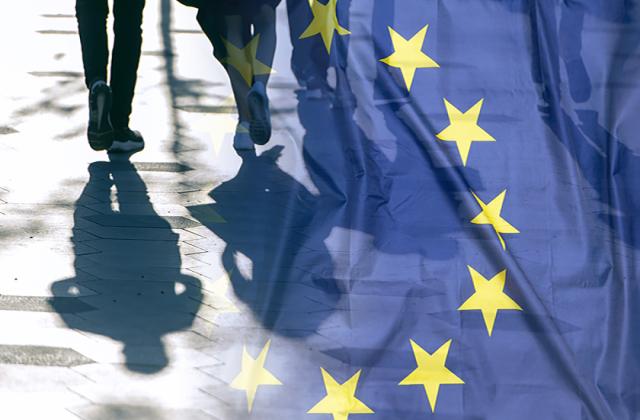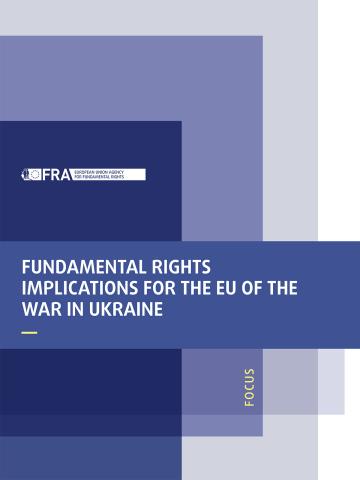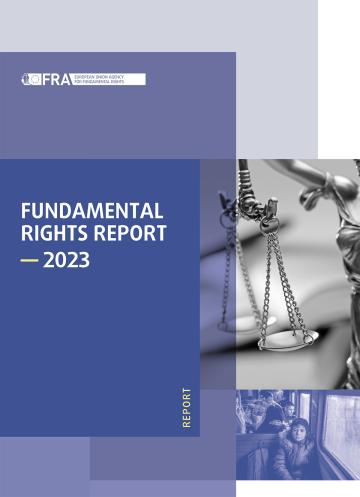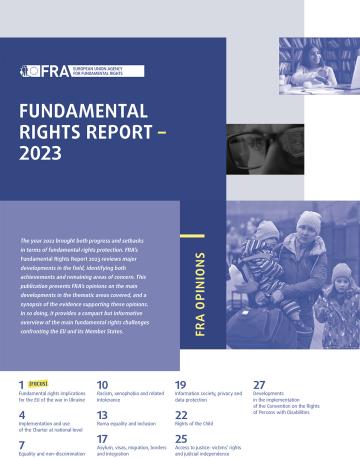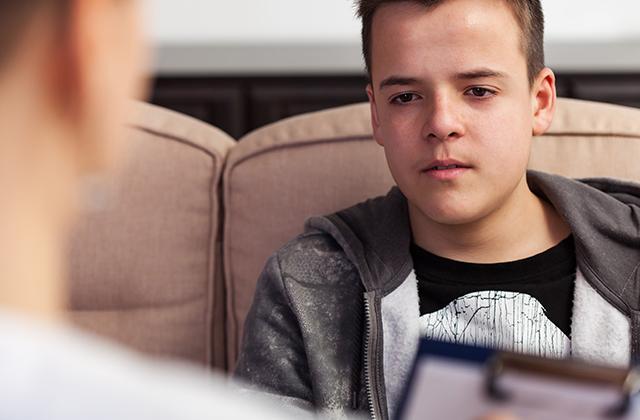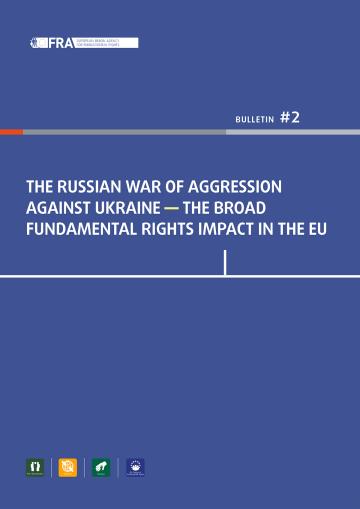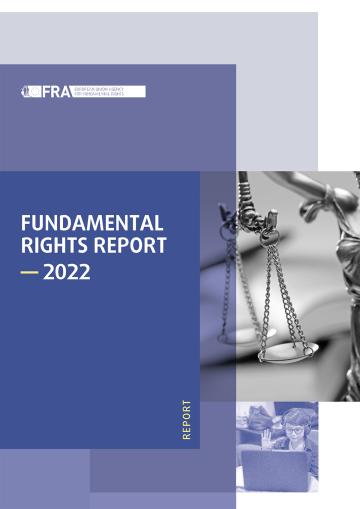Article VII (Freedom and Responsibility) (1) Everyone shall have the right to freedom of thought, conscience and religion. This right shall include the freedom to choose or change one’s religion or other belief, and the freedom of everyone to manifest, abstain from manifesting, practise or teach his or her religion or other belief through religious acts, rites or otherwise, either individually or jointly with others, either in public or in private life. [...]
Article X (Freedom and Responsibility) (1) Hungary shall ensure the freedom of scientific research and artistic creation, the freedom of learning for the acquisition of the highest possible level of knowledge and, within the framework laid down in an Act, the freedom of teaching. [...]
Article XI (Freedom and Responsibility) (1) Every Hungarian citizen shall have the right to education.
(2) Hungary shall ensure this right by extending and generalising public education, by providing free and compulsory primary education, free and generally accessible secondary education, and higher education accessible to everyone according to his or her abilities, and by providing financial support as provided for by an Act to those receiving education.
(3) An Act may provide that financial support of higher education studies shall be subject to
participation for a specific period in employment or to performing entrepreneurial activities
for a specific period, regulated by Hungarian law.
Article XVI (Freedom and Responsibility) [...] (2) Parents shall have the right to choose the upbringing to be given to their children. [...]


